Australia’s #1 collection of best practice tools, guides and resources for professionals. Made in partnership with Living Melbourne. If you have a guide you would like to showcase, please contact us.
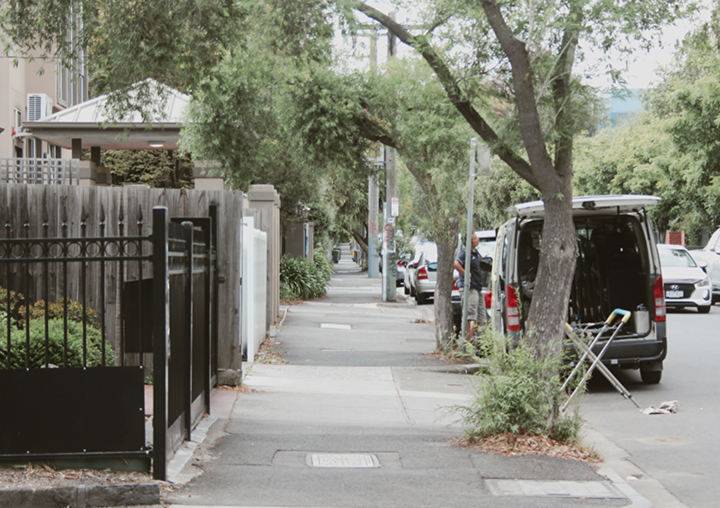
Developing an urban greening strategy for metropolitan Adelaide
A summary of some of the early research and scoping supporting the development of the urban greening...
Read moreA summary of some of the early research and scoping supporting the development of the urban greening strategy for metro Adelaide.
South Australia Stakeholder engagement State-specific Strategies and plans Link
Don’t Buy It – Don’t Plant It! Applying AS 2303 Tree Stock for Landscape Use
No one is immune to growing, brokering, selling or purchasing and installing into the landscape...
Read moreNo one is immune to growing, brokering, selling or purchasing and installing into the landscape container induced root defects. ‘Don’t Buy It Don’t Plant It’ is a journey into realisation of the highs and lows of establishing treescapes today. It also gently highlights that AS2303 does nothing as a desk document or when quoted in speech or written specifications, it requires a commitment to getting your hands dirty and forming relationships with all allied stakeholders involved, in order to deliver fast establishing and ultimately successful treescapes.
National Implementation tools Link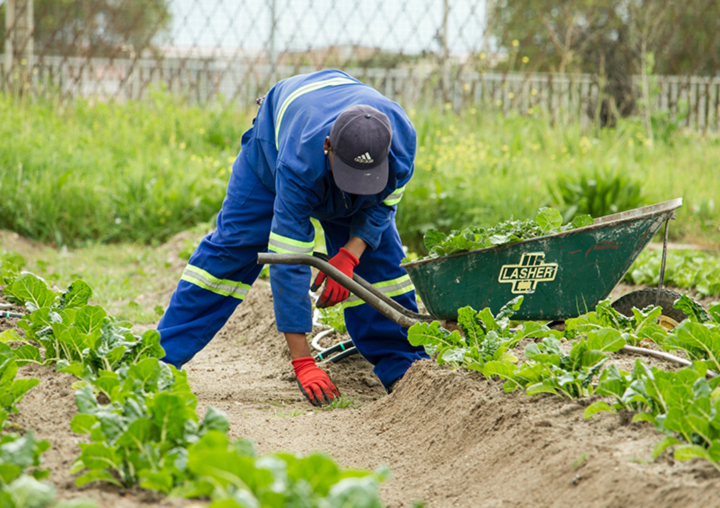
Establishing Victoria’s Ecological Infrastructure: A Guide to Creating Climate Future Plots
This guide provides a step-by-step process for organisations and community groups to plan, establish...
Read moreThis guide provides a step-by-step process for organisations and community groups to plan, establish and monitor Climate Future Plots, and to establish a network of climate-resilient plant communities. What's a Climate Future Plot? Climate Future Plots are areas of revegetated and restored land which incorporate genetic and/or species diversity to enhance habitat resilience to the uncertain and unpredictable effects of climate change. By including and monitoring the success of a mixture of local and climate pre-adapted plant genotypes (such as seed from hotter and drier climates) the plots aim to enhance the resilience of natural landscapes to the changing climate and to actively inform future restoration and biodiversity conservation management. In partnership with Department of Environment, Land, Water & Planning.
Victoria Implementation tools Link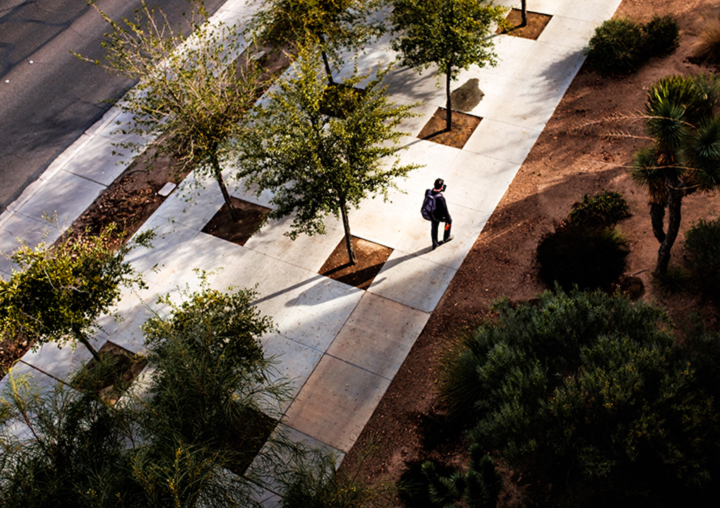
Evaluating Revealed Preferences for Street Tree Cover Targets: A Business Case for Collaborative Investment in Leafier Streetscapes in Brisbane, Australia
Many cities are seeking to optimise the ecosystem service benefits of urban trees by incorporating...
Read moreMany cities are seeking to optimise the ecosystem service benefits of urban trees by incorporating goals for increasing tree canopy cover into strategies that promote liveability and urban sustainability. This study adapts revealed preference valuation techniques as a combined policy evaluation and business case tool with broader application to urban forest planning and investment. In partnership with Alicia Rambaldi and Neil Sipe.
Queensland Urban greening benefits Link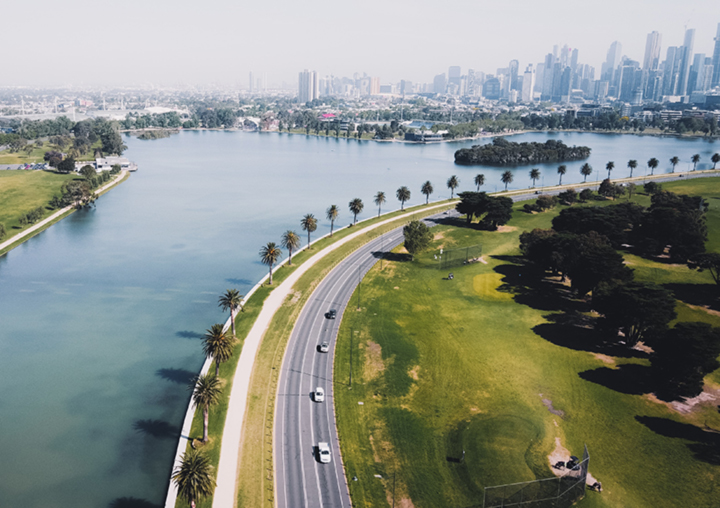
Explore Sustainable Water Projects in the City of Melbourne
The City of Melbourne is working to create a sustainable and resilient water system that will...
Read moreThe City of Melbourne is working to create a sustainable and resilient water system that will support liveability into the future. As well as changing the way we manage and use water, we are completing projects that provide alternative sources of water, increase permeability and reduce pollution in our waterways.
Victoria Case studies Link
Global Assessment Report on Biodiversity and Ecosystem Services
This report represents a critical assessment - the first ever carried out by an intergovernmental...
Read moreThis report represents a critical assessment - the first ever carried out by an intergovernmental body -of the status and trends of the natural world, the social implications of these trends, their direct and indirect causes, and, importantly, the actions that can still be taken to ensure a better future for all. These complex links have been assessed using a simple, yet very inclusive framework that should resonate with a wide range of stakeholders, since it recognises diverse world views, values and knowledge systems.
International Urban greening benefits Link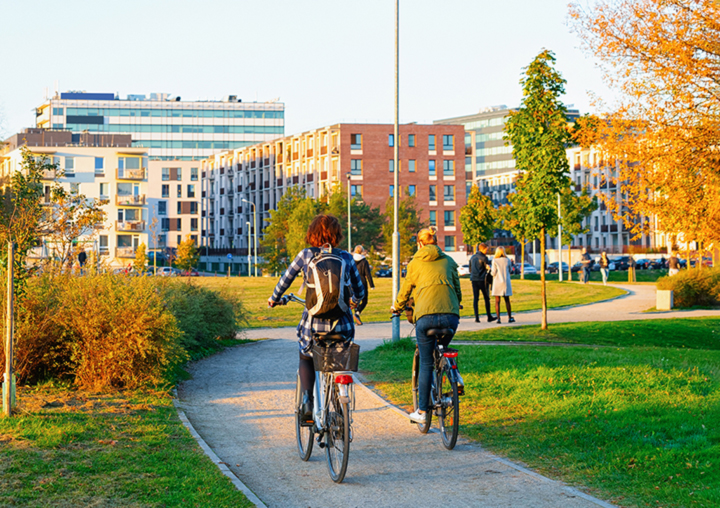
Green City Guidelines
The ‘Green City Guidelines’ project is an internationally targeted initiative that aims to...
Read moreThe ‘Green City Guidelines’ project is an internationally targeted initiative that aims to provide practitioners and decision-makers with the essential information they need to understand and communicate the benefits of urban green space or more accurately green infrastructure.
International Urban greening benefits Link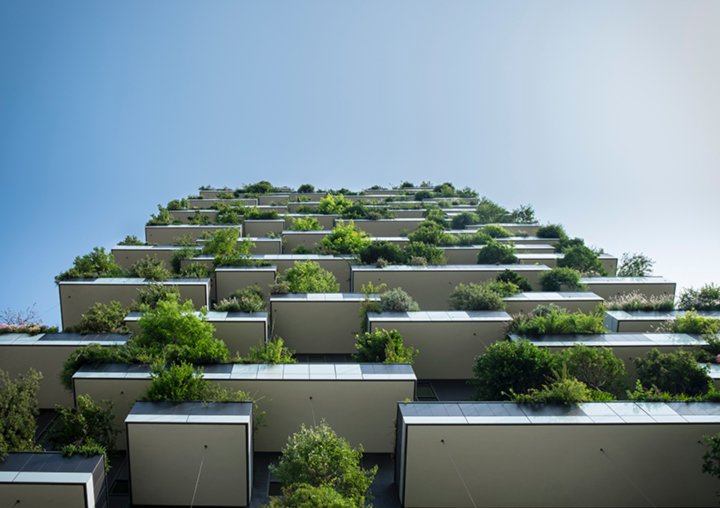
Green Factor Tool
Green Factor is a green infrastructure assessment tool designed by City of Melbourne and developed...
Read moreGreen Factor is a green infrastructure assessment tool designed by City of Melbourne and developed to help with designing and constructing new buildings that are environmentally friendly and include green infrastructure.
Victoria Implementation tools Link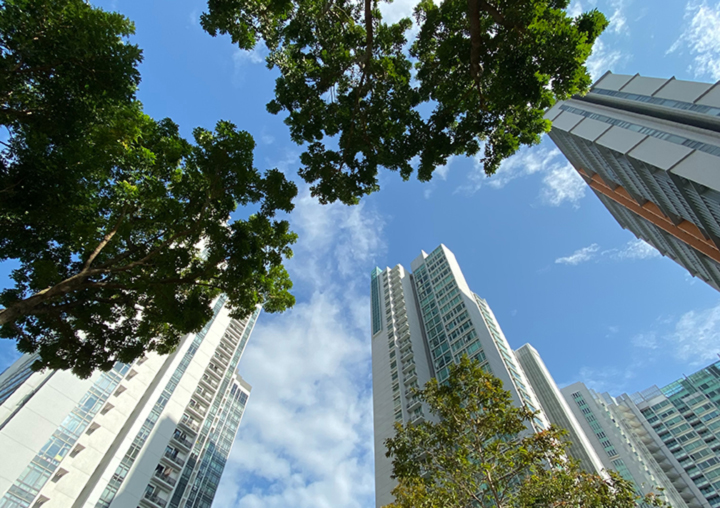
Green Infrastructure Commitment
The Department for Infrastructure and Transport has a significant role to play in achieving the...
Read moreThe Department for Infrastructure and Transport has a significant role to play in achieving the canopy cover target for Metropolitan Adelaide, due to its significant property portfolio and its role in planning and delivering public infrastructure. As a lead agency, the Department has committed to identify and pursue feasible opportunities to expand green infrastructure (including water sensitive urban design) on public land, focusing on priority areas identified by Green Adelaide, corridors which provide for active travel, and new infrastructure projects.
South Australia State-specific Strategies and plans Link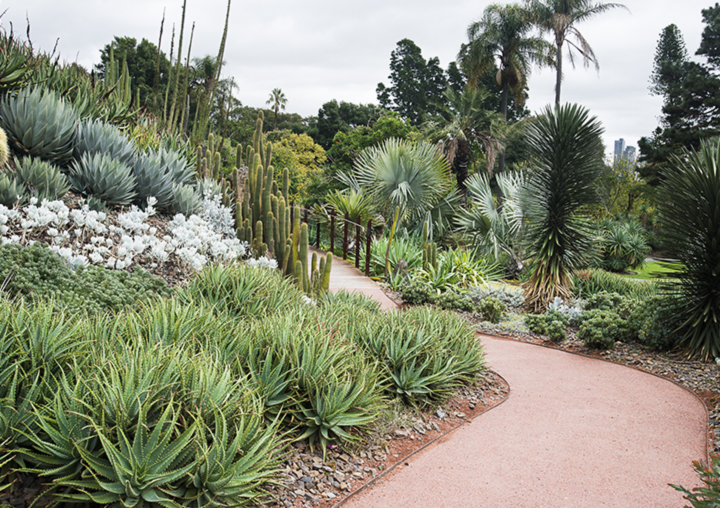
Green People are from Mars, Engineers are from Venus
This discussion guide explores the working relationship between green space practitioners and...
Read moreThis discussion guide explores the working relationship between green space practitioners and engineers, including barriers to collaboration between these two groups, and ways they can be overcome.
National Stakeholder engagement Link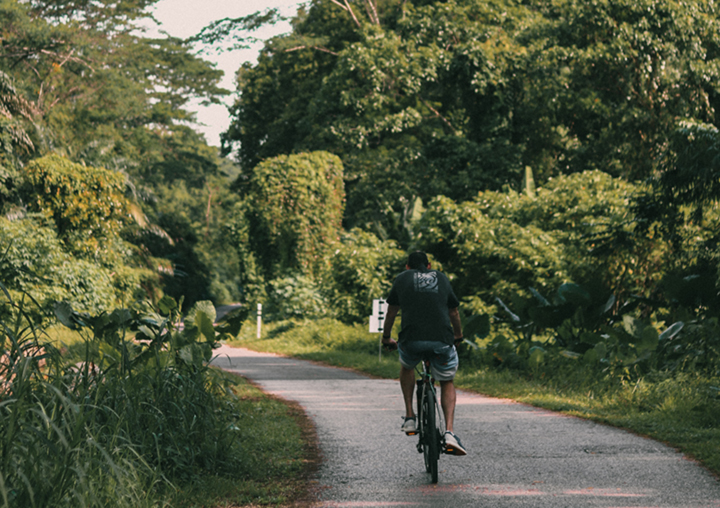
Green the Street: Case Studies
Green the Street’s aim is to create greener, more inclusive, walkable and cycling focussed, cooler...
Read moreGreen the Street’s aim is to create greener, more inclusive, walkable and cycling focussed, cooler and sustainable streets in our cities through advocacy, major installations, street planting parties and connecting our growing network.
International Case studies Link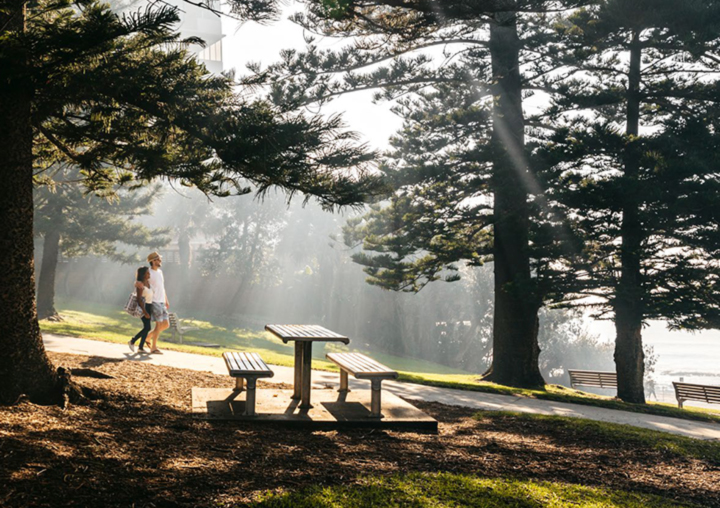
Greener Neighbourhood Guide
The Greener Neighbourhoods guide aims to support councils to develop or update strategic plans to...
Read moreThe Greener Neighbourhoods guide aims to support councils to develop or update strategic plans to enhance urban tree canopy. This guide is for local governments across NSW who want to establish, build upon or re-envisage strategic planning for their urban forests. It gives guidance on how to understand, plan for, monitor and manage urban forests and promotes best practice and consistency in urban forest planning.
New South Wales Case studies Implementation tools State-specific Link